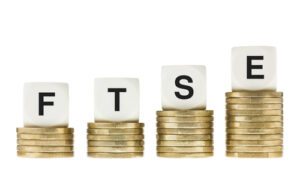 Here’s what might happen to house prices, jobs, savings and pensions:
Here’s what might happen to house prices, jobs, savings and pensions:
House prices: The Office for Budget Responsibility, the government’s independent forecasting agency, believes house prices will tumble by around 10% in a disorderly Brexit. The average UK house price is £216,515, according to Nationwide, so that would translate into around £21,000 off the average home, taking it back below £200,000 in London.
Mortgages: Faced with a recession induced by a no-deal Brexit, the Bank of England cuts base rate close to zero and embarks on a monetary loosening policy that sends interest rates across the board to new lows. Mortgage rates respond, with the best fixed rates dropping below 1%.
Savings: The Bank of England moves quickly to cut interest rates and embarks on a new round of quantitative easing to boost the economy. Once again the banks are awash with cheap money, meaning the interest rates payable to those with savings is only going one way – down. At the height of the financial crisis the rates payable to savers in plenty of accounts fell to 0.1%, resulting in negligible returns.
Pensions: Workers with final salary-style pensions aren’t affected, as they have guarantees, but for everyone else, their pension pot depends on the performance of the stock market. Which way will markets go in a Brexit crash-out? Broadly speaking, domestically focused UK companies, which make most of their profits in the UK, will be obvious casualties and their share prices could fall heavily in the next few months. But the giants of the London stock market – such as BP, Shell, HSBC and Glaxo – make the vast majority of their profits in overseas markets and are much better protected from Brexit. Indeed, as sterling plummets they are likely to rise in value, because their dollar earnings suddenly become worth much more in pounds.





No comment yet, add your voice below!